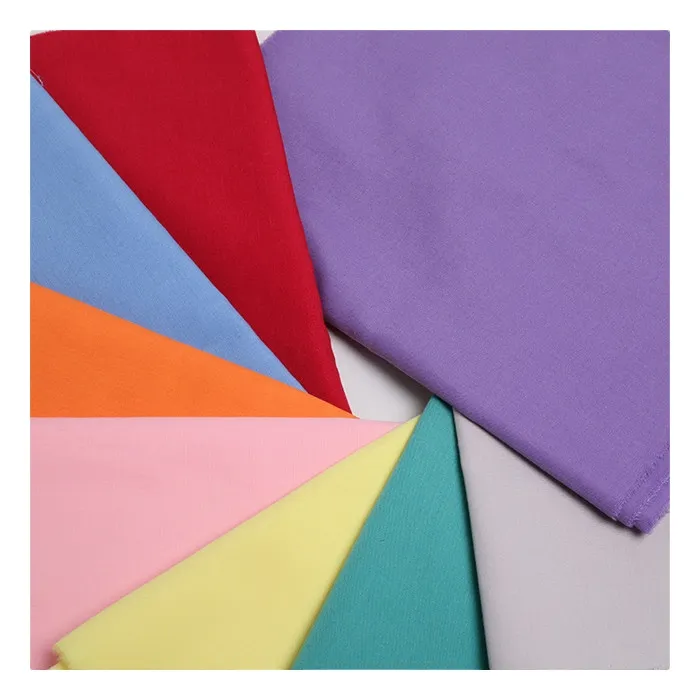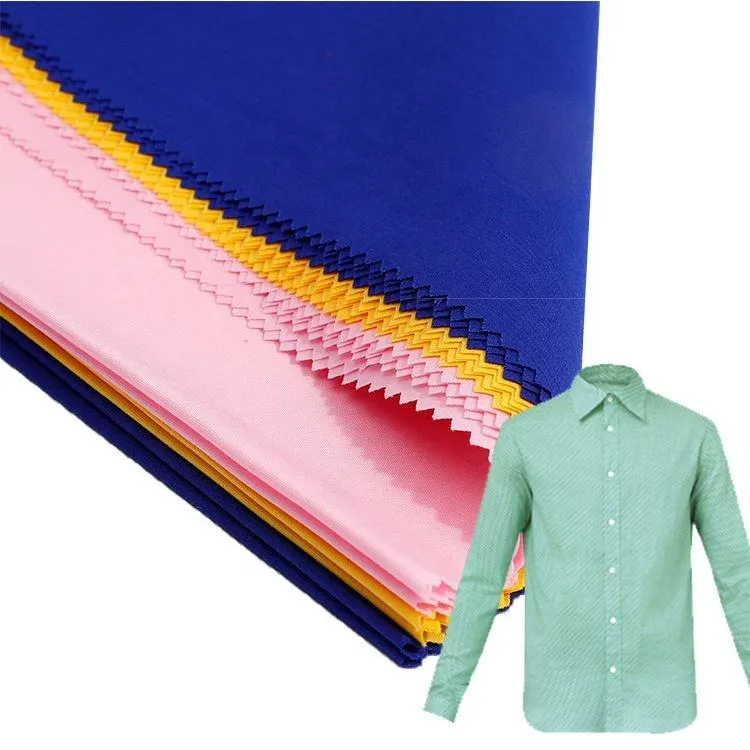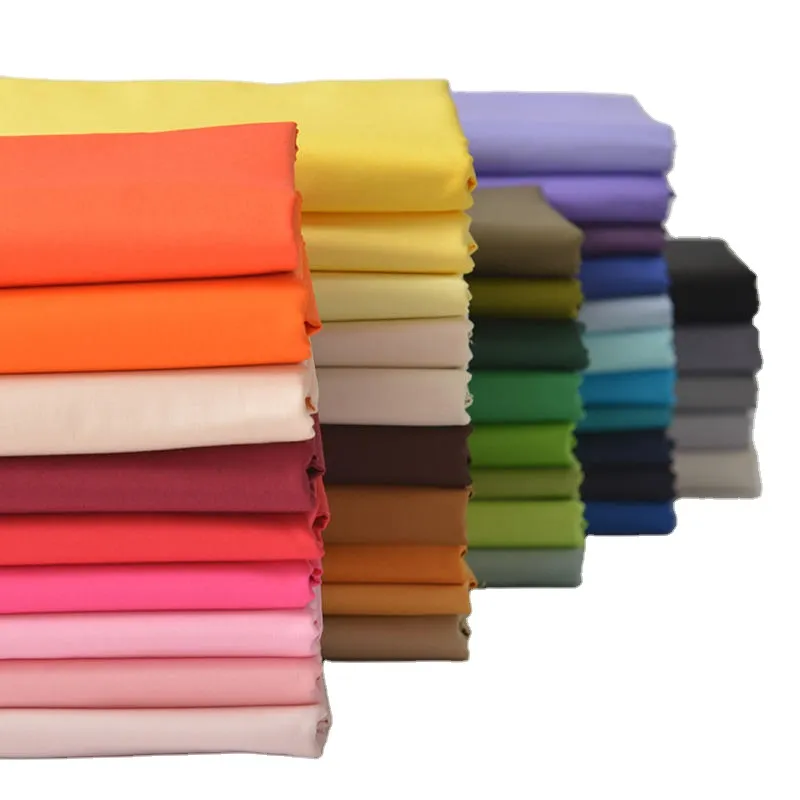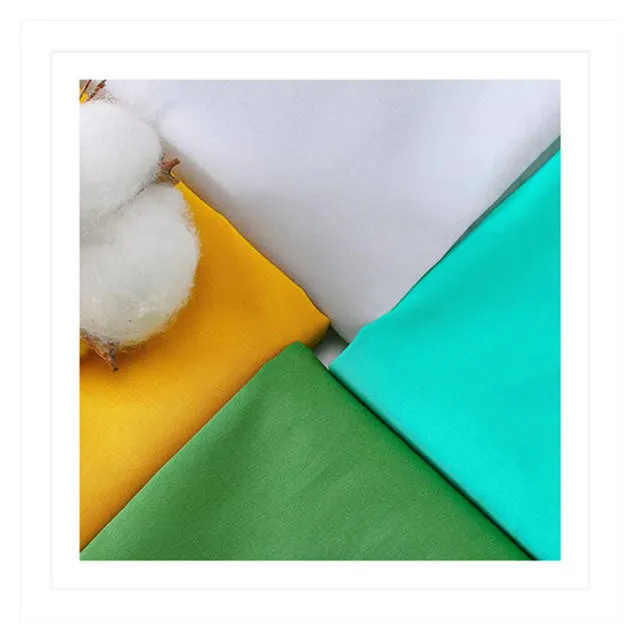
- Afrikaans
- Albanian
- Amharic
- Arabic
- Armenian
- Azerbaijani
- Basque
- Belarusian
- Bengali
- Bosnian
- Bulgarian
- Catalan
- Cebuano
- Corsican
- Croatian
- Czech
- Danish
- Dutch
- English
- Esperanto
- Estonian
- Finnish
- French
- Frisian
- Galician
- Georgian
- German
- Greek
- Gujarati
- haitian_creole
- hausa
- hawaiian
- Hebrew
- Hindi
- Miao
- Hungarian
- Icelandic
- igbo
- Indonesian
- irish
- Italian
- Japanese
- Javanese
- Kannada
- kazakh
- Khmer
- Rwandese
- Korean
- Kurdish
- Kyrgyz
- Lao
- Latin
- Latvian
- Lithuanian
- Luxembourgish
- Macedonian
- Malgashi
- Malay
- Malayalam
- Maltese
- Maori
- Marathi
- Mongolian
- Myanmar
- Nepali
- Norwegian
- Norwegian
- Occitan
- Pashto
- Persian
- Polish
- Portuguese
- Punjabi
- Romanian
- Russian
- Samoan
- scottish-gaelic
- Serbian
- Sesotho
- Shona
- Sindhi
- Sinhala
- Slovak
- Slovenian
- Somali
- Spanish
- Sundanese
- Swahili
- Swedish
- Tagalog
- Tajik
- Tamil
- Tatar
- Telugu
- Thai
- Turkish
- Turkmen
- Ukrainian
- Urdu
- Uighur
- Uzbek
- Vietnamese
- Welsh
- Bantu
- Yiddish
- Yoruba
- Zulu
Premium Carded Cotton & Yarn: Soft & Versatile Supply
Understanding Carded Cotton: A Cornerstone in Textile Manufacturing
In the intricate world of textile manufacturing, the quality of raw materials significantly dictates the final product's performance and market appeal. Among the various classifications, carded cotton stands as a fundamental component, widely utilized for its balance of quality, versatility, and cost-efficiency. This detailed guide explores the nuances of carded cotton, its manufacturing intricacies, applications, and competitive advantages, providing essential insights for B2B decision-makers and technical professionals in the global textile supply chain. Our focus product, the Tc65/35 110x76 White Fabric 44 Inches Carded Cotton Quality, exemplifies how this material is integrated into high-quality textile solutions, offering robust performance and aesthetic appeal across diverse applications.
The demand for reliable and cost-effective textile inputs has propelled carded cotton to the forefront. It represents a critical initial stage in cotton processing, laying the groundwork for a wide array of fabrics. From basic apparel to industrial applications, understanding its properties and processing is crucial for optimizing product development and ensuring compliance with industry standards. This section provides an overview of its significance before delving deeper into its technical specifications and applications.
The Manufacturing Process of Carded Cotton: From Bale to Yarn
The production of carded cotton involves a series of meticulously controlled mechanical processes designed to clean, disentangle, and align cotton fibers. This foundational stage is crucial for producing a consistent and high-quality yarn. The process typically begins after ginning, where raw cotton bales are prepared for spinning.
1. Opening and Blending: Raw cotton bales are opened and blended to create a homogeneous mix, ensuring consistency in fiber length, strength, and color. This step minimizes variations in the final yarn and fabric.
2. Scutching/Blowing: The blended cotton undergoes scutching, where powerful air currents and beaters remove heavier impurities such as leaf particles, dirt, and seeds. This creates a more uniform 'lap' for the next stage.
3. Carding: This is the defining stage for carded cotton. The cotton lap is fed into a carding machine, equipped with a series of wires or fine teeth that individually separate, straighten, and align the fibers. During this process, remaining impurities, short fibers (neps), and foreign matter are effectively removed. The output is a continuous, thin web of parallelized fibers known as a 'sliver'. While effective, carding leaves some shorter fibers and neps, contributing to a slightly less refined but more cost-effective yarn compared to combed cotton.
4. Drawing: Several slivers from the carding machine are combined and passed through a drawing frame, which elongates and further parallels the fibers, improving uniformity and reducing variations in thickness. This process is vital for achieving a consistent yarn count.
5. Roving/Speed Frame: The drawn sliver is slightly twisted and attenuated into a finer strand called a 'roving', which is then wound onto bobbins. This prepares the fibers for the final spinning stage.
6. Spinning (e.g., Ring Spinning or Open-End Spinning): The roving is finally spun into yarn. Ring spinning imparts strength and twist, suitable for fine yarns, while carded open end cotton spinning is often used for coarser, more voluminous yarns, offering higher production speeds. The choice of spinning method impacts the final yarn characteristics and cost-effectiveness.

Throughout this process, stringent quality control measures are applied, adhering to international standards such as ISO 9001 for quality management systems and ASTM (American Society for Testing and Materials) standards for textile testing. These include assessments for fiber length, strength, fineness, maturity, and trash content, ensuring that the processed carded cotton meets specified parameters for subsequent fabric manufacturing. The longevity of products made with high-quality carded cotton, such as our Tc65/35 110x76 White Fabric, is significantly enhanced by these foundational processing steps, making them suitable for demanding industrial and commercial applications.
Technical Parameters and Advantages of Carded Cotton
Carded cotton offers a compelling blend of attributes that make it highly desirable for various textile products, balancing performance with economic viability. Its technical characteristics directly influence the fabric's feel, durability, and processing efficiency.
Key Technical Parameters for Carded Cotton Yarn
| Parameter | Typical Range for 30s Carded Cotton Yarn | Significance |
|---|---|---|
| Yarn Count (Ne) | 20s - 40s (e.g., 30s carded cotton yarn price typically refers to this range) | Indicates fineness; higher numbers mean finer yarn. Influences fabric weight and drape. |
| Twist per Inch (TPI) | 18-24 | Affects yarn strength, elasticity, and handle. Higher twist generally means stronger yarn. |
| Tenacity (cN/tex) | 15-20 | Measures yarn strength; crucial for durability and resistance to breakage during weaving/knitting. |
| Elongation at Break (%) | 5-8 | Indicates stretchability before breaking. Important for fabric recovery and comfort. |
| Unevenness (CV%) | 12-16 | Coefficient of Variation, measures yarn thickness consistency. Lower CV% indicates more uniform yarn. |
| Hairiness Index | 5-7 | Measures number of protruding fibers. Affects fabric pilling, feel, and dye uptake. |
The Tc65/35 110x76 White Fabric, utilizing carded cotton as its cotton component, benefits significantly from these characteristics. The blend with polyester enhances durability, wrinkle resistance, and color retention, while the carded cotton provides breathability, absorbency, and a soft hand-feel, creating a balanced textile.

Technical Advantages
- Cost-Effectiveness: The manufacturing process for carded cotton is less intensive than combed cotton, leading to lower production costs. This makes it an economically attractive option for a wide range of products without significantly compromising quality.
- Versatility: Carded yarns can be spun into various counts and used for both woven and knitted fabrics, catering to diverse end-use requirements. This flexibility supports a broad product portfolio.
- Good Absorbency and Breathability: As a natural fiber, cotton carded soft yarns maintain excellent moisture absorption and breathability, making them comfortable for direct skin contact in apparel and bedding.
- Durability: While not as uniform as combed cotton, properly processed carded yarns still offer good strength and resistance to wear and tear, ensuring a reasonable service life for the finished products. The blend in T/C fabrics further enhances this characteristic.
- Dyeing and Finishing Properties: Carded fabrics generally accept dyes well and can undergo various finishing treatments to enhance properties like softness, anti-pilling, and wrinkle resistance, broadening their application scope.
These advantages position carded cotton as a vital material in the textile industry, particularly for manufacturers aiming to balance product performance with competitive pricing. The Tc65/35 White Fabric exemplifies these advantages, offering a durable yet comfortable solution for various textile needs.
Application Scenarios of Carded Cotton and Blends
The versatility and balanced properties of carded cotton make it a preferred choice across numerous sectors. Its adaptability extends to various fabric constructions and blend types, serving both consumer and industrial applications.
- Apparel and Garments: Widely used in everyday clothing, including T-shirts, casual wear, denim, and innerwear. The breathability and comfort of cotton carded soft yarns are highly valued. For instance, `carded and combed yarn` might be used for higher-end apparel, but pure carded cotton is standard for mass-market items.
- Home Textiles: A staple in bed linens, towels, curtains, and upholstery fabrics. Its absorbency and softness are ideal for items in direct contact with skin, while its durability ensures longevity in household use.
- Industrial Fabrics: Employed in workwear, protective clothing, and certain technical textiles where durability and cost-effectiveness are paramount. The blend, like our Tc65/35, offers enhanced strength and resilience, crucial for demanding environments.
- Medical and Healthcare: Used in non-woven medical products such as bandages, surgical gowns, and wipes due to its absorbency and hypoallergenic properties. Specific treatments can enhance its sterile qualities.
- Footwear and Accessories: Inner linings, shoe laces, and certain bag fabrics often utilize carded cotton for its strength and natural feel.

Our Tc65/35 110x76 White Fabric 44 Inches Carded Cotton Quality is particularly suited for uniform manufacturing, institutional bedding, and various lining applications. The T/C blend enhances its practical benefits, providing easy care properties, dimensional stability, and resistance to shrinking and stretching, which are critical for products requiring frequent washing and long-term use in sectors such as hospitality and healthcare. This specific fabric quality delivers exceptional value, ensuring performance consistency.
Carded Cotton vs. Combed Cotton: A Technical Comparison
Understanding the distinction between carded cotton vs combed cotton is paramount for textile professionals as it directly impacts product characteristics, performance, and cost. While both originate from raw cotton, their processing methods lead to significantly different yarn and fabric properties.
Key Differences Between Carded and Combed Cotton
| Feature | Carded Cotton | Combed Cotton |
|---|---|---|
| Processing | Undergoes only carding; removes some impurities and aligns fibers. | Undergoes carding and combing; an extra step to remove short fibers and impurities. |
| Fiber Purity | Contains some short fibers and neps (small knots of tangled fibers). | Finer, cleaner, and more uniform fibers due to removal of 10-20% short fibers. |
| Yarn Smoothness | Slightly coarser texture, more hairiness. | Smoother, softer, and more lustrous. Minimal hairiness. |
| Strength & Durability | Good strength, but generally less uniform and prone to pilling over time. | Significantly stronger due to longer, aligned fibers, better resistance to pilling. |
| Cost | More economical due to less processing and less waste. | Higher cost due to additional processing steps and fiber loss. |
| Typical Applications | Everyday apparel, denim, towels, industrial fabrics, blends (e.g., T/C). Often used in `carded compact yarn` for specific benefits. | High-end apparel, fine bed linens, luxury garments, where softness and durability are paramount. |
When deciding between cotton carded or combed, manufacturers weigh the balance between quality, performance, and budget. For applications where a balance of comfort, durability, and cost-effectiveness is key, such as our Tc65/35 110x76 White Fabric, carded cotton proves to be the ideal choice. While `carded yarn and combed yarn` can be used in different products, understanding these core differences helps in strategic sourcing and product positioning.

For our specific product, the use of carded cotton ensures a consistent and robust fabric structure. This strategic choice enables the fabric to meet the demands of various commercial applications, providing excellent value without compromising on essential performance attributes. The `combed carded` category can sometimes refer to fabrics that combine qualities or are made from yarns where initial carding is followed by a modified combing process for specific effects.
Industry Trends and Market Insights for Carded Cotton
The market for carded cotton is influenced by global cotton production, technological advancements in spinning, and evolving consumer preferences. Key trends indicate a continued strong demand, especially in blends and technical textiles.
- Sustainability Focus: Increasing emphasis on sustainable sourcing and manufacturing processes. Manufacturers are seeking certified cotton (e.g., BCI, organic) even for carded cotton production, reflecting growing ecological awareness.
- Technical Blends: The rise of performance textiles often involves blending carded cotton with synthetic fibers like polyester, spandex, or recycled materials to achieve specific functionalities (e.g., moisture-wicking, stretch, durability). Our Tc65/35 fabric is a prime example of such a successful blend.
- Automation in Spinning: Advanced spinning technologies, including automated open-end and compact spinning, are improving the consistency and efficiency of carded open end cotton yarn production, contributing to more stable supply chains. The development of `carded compact yarn` focuses on reducing hairiness and improving strength in carded structures.
- Price Volatility: The 30s carded cotton yarn price, like other cotton grades, is subject to global supply and demand dynamics, weather patterns, and geopolitical factors. Manufacturers must stay agile and work with reliable suppliers to mitigate price risks.
- Growing Demand from Developing Economies: Rapid urbanization and economic growth in emerging markets are driving increased demand for basic apparel and home textiles, where carded cotton remains a cost-effective and preferred fiber.
Market data from sources like the International Cotton Advisory Committee (ICAC) show stable global demand for cotton, with a significant portion going into carded varieties. Projections indicate a consistent growth trajectory for textile products leveraging cotton's natural attributes and blended properties. The robust performance of carded cotton in the market underscores its indispensable role in the textile value chain, offering a consistent and reliable material solution for bulk production.
Customization Options and Solutions
As a leading supplier, we understand that standard offerings may not always meet the unique requirements of every client. Therefore, we provide extensive customization options for our carded cotton-based fabrics, including our Tc65/35 110x76 White Fabric 44 Inches. Our technical team works closely with clients to develop tailored solutions that align with their specific end-use applications and performance criteria.
- Yarn Count and Blend Ratio: While our standard Tc65/35 blend is highly versatile, we can explore custom blend ratios of polyester to carded cotton, and adjust yarn counts (e.g., finer 30s carded cotton yarn price variations) to achieve specific fabric weights, textures, and strengths.
- Weave and Construction: Beyond the standard plain weave (110x76), we can discuss alternative weave patterns or fabric constructions to optimize for properties like tear strength, breathability, or aesthetic appeal. This includes options for different thread counts and fabric densities.
- Finishing Treatments: A wide array of finishing treatments can be applied to enhance fabric performance. These include mercerization for improved strength and luster, sanforization for shrinkage control, flame retardant finishes, water-repellent treatments, and anti-microbial applications.
- Color and Dyeing: While our standard product is white, we offer dyeing services to match specific Pantone or custom color requirements, ensuring brand consistency for uniforms or specialized products.
- Width and Packaging: Fabric width can be adjusted based on machinery and application needs, and packaging can be customized for efficient logistics, whether in rolls or bales, and with specific labeling.
Our expertise in textile engineering allows us to advise on the optimal specifications for projects ranging from large-scale uniform production to specialized industrial applications. We leverage our deep understanding of carded cotton properties and processing capabilities to deliver solutions that are both technically sound and commercially viable, ensuring customer satisfaction.
Application Cases and Customer Success
Our experience in delivering high-quality carded cotton fabrics spans various industries, with notable success stories highlighting the reliability and performance of our products, including the Tc65/35 110x76 White Fabric. These cases demonstrate our commitment to meeting stringent B2B requirements.
- Healthcare Uniforms: A major hospital chain required a durable, comfortable, and easy-to-maintain fabric for their medical staff uniforms. Our Tc65/35 carded cotton blend fabric was chosen for its excellent wash fastness, breathability, and resistance to wear, leading to significant cost savings on uniform replacement and improved staff comfort. Customer feedback consistently highlights the fabric's long-lasting quality and ease of care.
- Hospitality Linens: A five-star hotel group sought a premium yet cost-effective solution for their bed linens and pillowcases. Our cotton carded soft quality, blended with polyester, provided the desired softness and absorbency, combined with exceptional durability against frequent industrial laundering cycles. This resulted in prolonged service life for their linens and a consistent high-quality experience for guests.
- Industrial Workwear: A large manufacturing company needed robust fabric for employee workwear that could withstand harsh industrial environments and frequent washing. Our specialized carded cotton variants, including those with enhanced tear strength, were supplied, reducing the company's annual expenditure on workwear and ensuring employee safety and comfort. This demonstrates the superior practical utility of specific carded vs combed cotton options.
- School Uniforms: For a nationwide educational supplier, we provided large volumes of our Tc65/35 fabric for school uniforms. The fabric's blend ensured wrinkle resistance and easy maintenance for parents, while the robustness of the carded cotton component provided the necessary durability for daily wear by active students. The consistency in fabric quality across large orders was particularly appreciated.

These cases illustrate our ability to deliver tailored textile solutions that meet rigorous performance standards and operational demands. Our commitment to quality and customer satisfaction positions us as a trusted partner in the global textile supply chain, consistently providing superior carded cotton products.
Quality Assurance and Certifications
Our dedication to delivering superior carded cotton products is underpinned by a robust quality assurance framework and adherence to international certifications. We understand that for B2B clients, trust is built on verifiable quality and ethical practices.
- ISO 9001 Certified: Our manufacturing processes are certified under ISO 9001, demonstrating our commitment to consistent quality management systems. This ensures that every batch of carded cotton fabric, including our Tc65/35 White Fabric, meets rigorous quality standards from raw material sourcing to final product inspection.
- OEKO-TEX Standard 100: Many of our products, including those featuring cotton carded soft, are OEKO-TEX Standard 100 certified. This certification ensures that the fabric is free from harmful substances and is safe for human ecological requirements, which is crucial for apparel, home textiles, and medical applications.
- ASTM & AATCC Testing: Fabrics undergo extensive testing according to ASTM (American Society for Testing and Materials) and AATCC (American Association of Textile Chemists and Colorists) standards for parameters such as tensile strength, tear strength, colorfastness, pilling resistance, and dimensional stability. This meticulous testing verifies product performance and durability for `carded yarn and combed yarn` applications alike.
- In-house QC Lab: We operate a fully equipped in-house Quality Control laboratory where trained technicians conduct real-time testing throughout the production cycle. This proactive approach allows for immediate adjustments and ensures adherence to precise specifications for all carded cotton products.
- Traceability: We maintain comprehensive traceability records for our raw materials, including the origin of the carded cotton fibers, allowing for complete transparency and accountability in our supply chain.
Our long-standing partnerships with global brands and our reputation for consistent quality are testaments to our unwavering commitment to these standards. We provide detailed test reports and certificates for all orders, offering complete assurance to our clients regarding the integrity and performance of our carded cotton products.
Frequently Asked Questions (FAQ)
Q1: What is the primary difference between carded cotton and combed cotton?
Carded cotton undergoes a less intensive cleaning process, retaining more short fibers and resulting in a slightly coarser, more voluminous yarn. Combed cotton, however, goes through an additional combing step, which removes shorter fibers and impurities, yielding a finer, smoother, and stronger yarn. This distinction directly influences the feel, durability, and cost of the final fabric.
Q2: Is carded cotton suitable for high-wear applications?
Yes, especially when blended with synthetic fibers like polyester, as seen in our Tc65/35 fabric. While 100% carded cotton may show more pilling over time compared to combed varieties, its inherent durability combined with the strength of polyester makes blends highly suitable for high-wear environments such as workwear, uniforms, and institutional linens, ensuring a long service life.
Q3: How does the 30s carded cotton yarn price compare to other yarn counts?
The 30s carded cotton yarn price is generally a benchmark for medium-fine carded yarns. Finer counts (e.g., 40s) typically command higher prices due to more processing and higher raw material requirements (longer staple cotton), while coarser counts (e.g., 20s) are generally lower priced. Market fluctuations, fiber origin, and supplier scale also significantly impact pricing.
Q4: Can I get customized fabric widths or finishes for carded cotton fabrics?
Absolutely. We offer comprehensive customization services, including specific fabric widths, custom dyeing, and a range of finishing treatments (e.g., anti-microbial, wrinkle-resistant, water-repellent). Our technical team collaborates with clients to meet precise functional and aesthetic requirements for their carded cotton fabric orders.
Delivery, Warranty, and Customer Support
We prioritize timely delivery and comprehensive customer support for all our carded cotton products. Our logistics team works diligently to ensure that your orders, from our Tc65/35 110x76 White Fabric to specialized blends, reach you efficiently and safely.
- Delivery Cycle: Our standard delivery time for bulk orders of carded cotton fabrics typically ranges from 4 to 6 weeks from order confirmation, depending on volume and customization requirements. Expedited options are available for urgent needs upon request and mutual agreement. We maintain sufficient inventory of popular items to facilitate quicker turnarounds.
- Quality Warranty: We stand behind the quality of our fabrics. All our carded cotton products come with a material and manufacturing defect warranty, ensuring they meet the specified technical parameters and industry standards. Any claims are handled promptly and transparently in accordance with our terms and conditions.
- Dedicated Customer Support: Our professional sales and technical support teams are available to assist you at every stage, from initial inquiry and technical consultation to order placement and after-sales support. We believe in building long-term partnerships through responsive and knowledgeable service, ensuring your experience with our carded cotton offerings is seamless and satisfactory.
- Global Logistics: With experience in international trade, we manage complex logistics to deliver our fabrics worldwide. We work with trusted freight partners to ensure secure and cost-effective shipping, adhering to all relevant customs and import regulations.
Your business continuity is our priority. We are committed to providing not just high-quality carded cotton fabrics but also a complete service package that supports your operational needs and strengthens your supply chain.
Conclusion
Carded cotton remains an indispensable raw material in the global textile industry, offering an optimal balance of quality, performance, and cost-effectiveness. Its robust manufacturing process ensures consistent characteristics, making it suitable for a vast array of applications, from everyday apparel to demanding industrial uses. Our featured product, the Tc65/35 110x76 White Fabric 44 Inches Carded Cotton Quality, exemplifies how strategic blending with polyester enhances the inherent advantages of carded cotton, creating a highly versatile and durable fabric solution.
By understanding the technical parameters, manufacturing advantages, and market trends associated with carded cotton, B2B decision-makers can make informed procurement choices that positively impact product quality, operational efficiency, and profitability. Our commitment to stringent quality control, customized solutions, and dedicated customer support ensures that we are a reliable partner for all your textile needs, providing superior carded cotton products that meet the highest industry standards.
References
- Textile Exchange. (2023). Material Change Index.
- International Cotton Advisory Committee (ICAC). (2022). Cotton: World Statistics.
- Morton, W. E., & Hearle, J. W. S. (2008). Physical Properties of Textile Fibres. The Textile Institute.
- American Society for Testing and Materials (ASTM International). (2023). Standards for Textiles.
- OEKO-TEX®. (2023). Standard 100 by OEKO-TEX®.
-
Solid PoplinNewsAug.12,2025
-
Pigment PrintingNewsAug.12,2025
-
Flannelette FabricNewsAug.12,2025
-
Cotton Flannel ClothNewsAug.12,2025
-
Brushed Cotton PoplinNewsAug.12,2025
-
Excellent Bleached Cotton Fabrics: Ideal for Every IndustryNewsAug.12,2025
-
The Versatility and Elegance of White Cotton Poplin FabricNewsJun.23,2025
